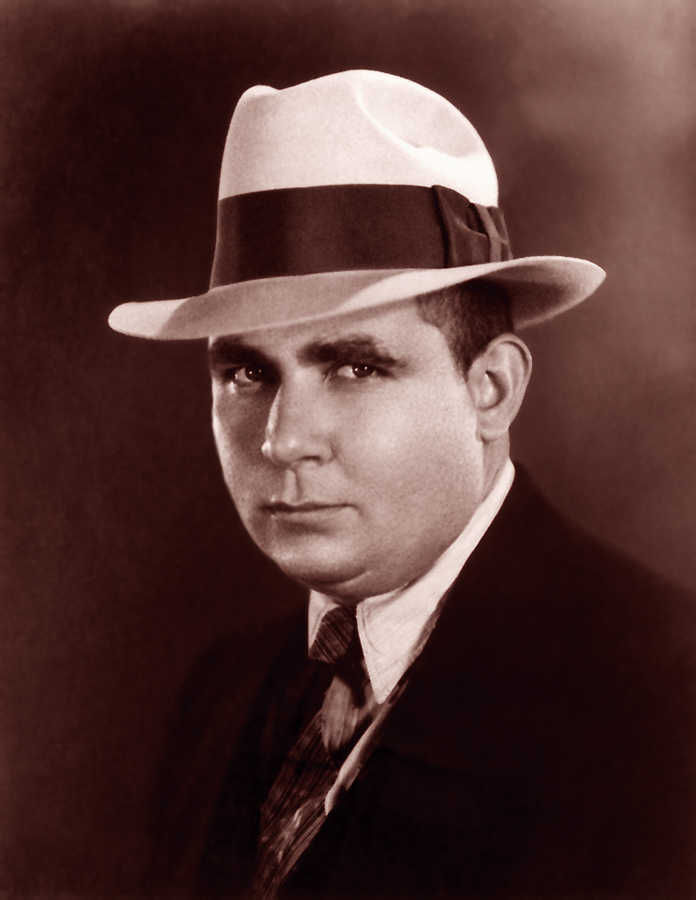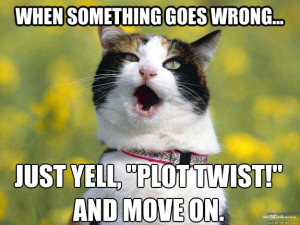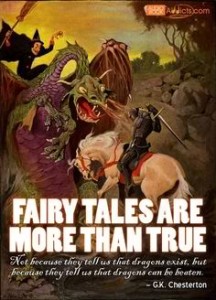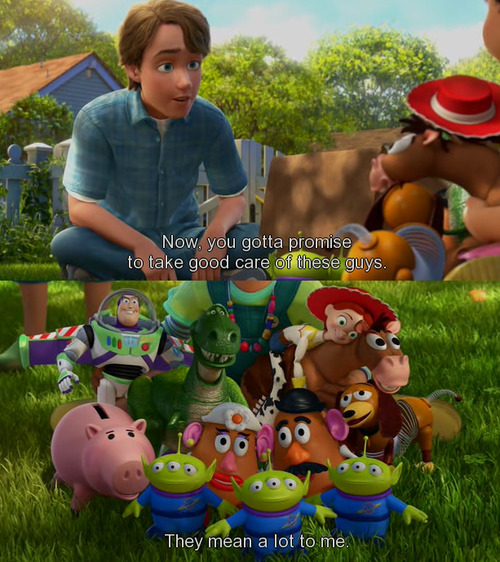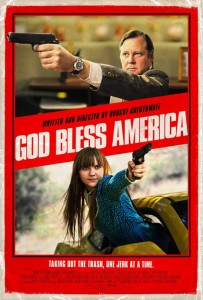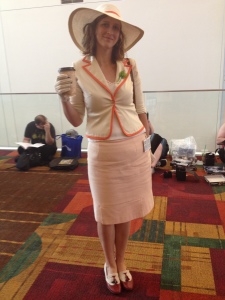“As a Christian, a Hoosier, and a nerd, I am offended by this.”
That’s what I wrote on my Facebook page when I shared an article that said Gen-Con—among others—was threatening to relocate because Indiana Governor Mike Pence was going to sign the Religious Freedom and Restoration Act. It ignited a flame war on my page and most especially in a Gen-Con Facebook group. It was a rare instance where my politics and nerdiness (and to a lesser extent, my writing) clashed. To make matters worse, I seemed to be in the minority in my support of this bill, even among my fellow Christians. It was one of those times when, as I posted on my page, “I feel like I’m the only one who gets it.”
After much thought, I’ve decided to write this blog as my succinct, focused view on this legislation. It will be the last time I talk about it, at least publicly.
I will not explain my views on homosexuality. I hate that the bill’s protesters have tried to make it about something it isn’t.
Here’s the official summary of the bill:
“Provides that a state or local government action may not substantially burden a person’s right to the exercise of religion unless it is demonstrated that applying the burden to the person’s exercise of religion is: (1) essential to further a compelling governmental interest; and (2) the least restrictive means of furthering the compelling governmental interest.”
In other words, it allows judges to look at a case and determine if someone violates someone else’s civil rights with the exercising of his religious rights, or vice versa. These have come up in the last few years because of cases like Hobby Lobby’s refusal to fund certain forms of birth control and the Iowa baker who didn’t want to make a cake for a lesbian wedding. Both resulted in high-profile lawsuits. This bill would protect business owners from such things.
However, protesters argue that this bill will legalize discrimination. The most common example I heard was a Christian restaurant owner could see two men walk in, assume they are homosexual, and refuse to serve them. In other words, this bill will turn Indiana into the pre-Civil Rights Movement south.
Ironically, some—including George Takei—seem or forget (or ignore) that a federal version of this law has been on the books for over 20 years. It was passed unanimously in the House of Representatives and with a 97-3 vote in the Senate and then signed by President Bill Clinton (you know, a right wing nutcase :P). But the Supreme Court said the law didn’t apply to the states, so since then 19 other states besides Indiana have passed laws that reinforced this federal law and added it to their respective state constitutions. In other words, this law isn’t new.
It does not invalidate the civil rights homosexuals—or any other minority—already has in this country. Those are guaranteed to them by the Constitution. Why? Because they’re human beings and American citizens. A business owner can’t use this law to justify his prejudicial refusal to serve someone.
But it doesn’t just apply to Christians in conflict with homosexuals. It applies to Jews who want to run a kosher deli and not be sued because they refused to serve pork. It applies to Catholic organizations that object to certain forms of birth control. It applies to doctors who refuse to perform abortions because of their religious convictions. In other words, people shouldn’t be forced to do anything that violates their consciences. Businesses have the right to refuse service so long as it doesn’t violate someone’s civil rights.
I explained it like this. If a homosexual came to me and asked to buy a copy of one of my books (which has happened)—or better yet, offer me a book deal—I’d have no objections to it. We’re relating to each other as peers. But if he wanted to commission me to write the vows for his gay wedding, I’d say, “No.” Why? Because at that point I’d be endorsing a lifestyle I have religious objections to. I used examples like this on my Facebook page, and several commenters figured that debunking my so-called “extreme” examples and analogies would debunk my arguments. I’m sorry, but the principle still stands even if the illustration is faulty. Read C.S. Lewis. Even he says, “No doubt there is one point in which my analogy…breaks down” (The Weight of Glory).
There have been no instances where this law has been used to justify discrimination in those other 19 states. None. Zero. Nada. If somehow it does lead to such things here in Indiana, I will be one of the first people to support efforts to curtail it. I may have religious objections to homosexuality (not homosexuals—there’s a difference), but I don’t think anyone should be mistreated or discriminated against. If I have to be part of a minority of voices that supports this, so be it. I’m sick of hearing people berate me as a bigot because I support this bill. Eventually, all their voices collect into a cacophony that blares, “Conform!” I refuse.
Don’t think for a second that I don’t know what it’s like to be discriminated against. In fact, it happened to me at Gen-Con last year. A fella walked by my table and grimaced when he saw that I had business cards for Fans For Christ next to my books. I asked if he saw anything he liked, and he replied, “Let me put it politely: I don’t believe what you believe.” Then he walked away without looking at my books. He discriminated against me because I was a Christian. I didn’t berate him or threaten to sue him. I simply moved on to the next potential reader. If someone is refused service by a business because it would violate the owners’ religious beliefs, that person can go to a similar business that will cater to him. That’s what a free market does.
Why are people loudly objecting to it? I believe they’re either misguided or seizing an opportunity to make a political statement. I’ve heard Christians argue that this violates Jesus’ teachings about loving all people. Their hearts are in the right place, but they’re misunderstanding the situation. Most protesters—particularly the extremists in the LGBT community (FYI: I don’t think all members of that community are like this)—see what’s happening and are using it rile people up so they can advance their political agenda. They have no interest in helping anyone but themselves. I’ve seen it happen multiple times in multiple minority groups. They spout nothing but propaganda. It’s sickening, honestly. It doesn’t help anyone and only perpetuates the cycle of hatred. It must be broken.
I believe Adrian Swartout, the CEO of Gen-Con, is motivated by the former. He doesn’t want his event to be associated with a state that he believes is discriminatory toward certain groups. I can understand that. If he wants to move his event elsewhere, that’s his prerogative and he has every right to do so. However, I have every right to disagree with his reasons and be upset that Gen-Con could leave. I love that convention. It means more to me because I’m not just a con-goer. I made new friends there. I enlarged my writers network there. I expanded my audience there. I love their Writers Symposium. I cut my teeth as a self-promoter there. Now that might be taken from me. Heck, I wonder if Christians like me who attend this year will be persecuted because we’ll be labeled “the bigots who made Gen-Con leave.” I’d like to believe that convention will continue to be a place of acceptance.
There you go. I hope I’ve made myself clear. I believe in religious rights and civil rights. I think both should be protected. I support this bill because I think it does that. Feel free to discuss this with me in the comments, but be civil.
Finally, this video succinctly summarizes what this bill is about and what’s in it.








 I’ve seen many internet trolls in my time. Often I’ve defended someone from internet trolls. Admittedly on rare occasions I’ve been a troll. However, this week I’ve become a troll magnet, especially on YouTube.
I’ve seen many internet trolls in my time. Often I’ve defended someone from internet trolls. Admittedly on rare occasions I’ve been a troll. However, this week I’ve become a troll magnet, especially on YouTube.

